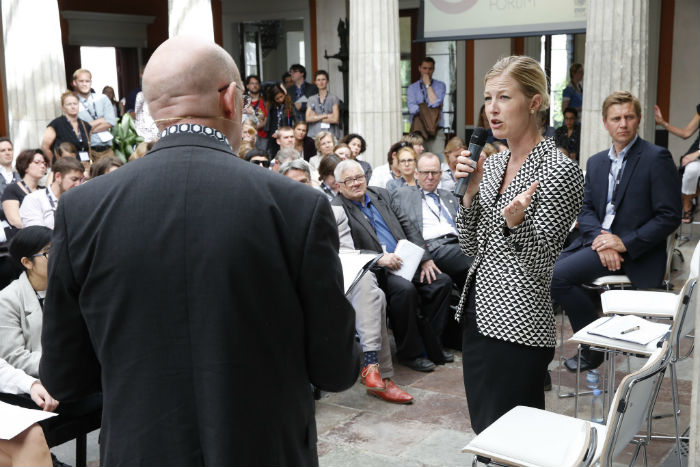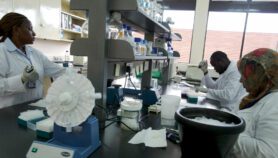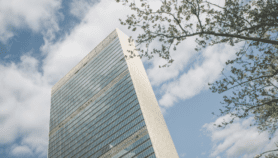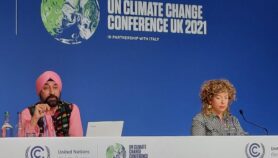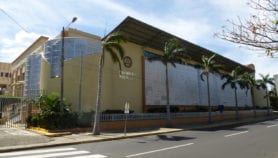By: Inga Vesper
Send to a friend
The details you provide on this page will not be used to send unsolicited email, and will not be sold to a 3rd party. See privacy policy.
[MANCHESTER] Diplomats need better training in science and health to support international collaborations dealing with shared problems and increase the scientific capacity of developing countries, a UK summit has heard.
When it comes to science diplomacy, both rich and poor nations must do more to involve foreign affairs officials in research efforts and cooperation, said a panel at the EuroScience Open Forum this week (25 July). Building alliances between countries is crucial to tackling global challenges related to health and climate change, the panel members said, but this cannot be left to scientists alone.
“Diplomats have to learn about science and health,” said Michel Kazatchkine, the UN special envoy for HIV/AIDS in Central Asia. “They need to learn how to improve relationships between countries through science and create alliances for better health outcomes.”
The conference heard that governments often forget to formally back international research collaboration or can take a long time to recognise their benefits beyond furthering science. As a result, diplomatic efforts around joining international science initiatives — such as the Square Kilometre Array largely based in South Africa or the SESAME particle accelerator in Jordan — are incidental and scattered rather than concerted, the panel participants said.
At the panel, scientists said their colleagues in developing countries need better data on how research aids economic growth. This would help them argue for participation in international consortiums and would help place science at the forefront of national policymaking, said Lidia Brito, the director of science policy and capacity building at UNESCO (UN Educational, Scientific and Cultural Organization).
“That way, science diplomacy can be aligned with national needs and resources to mobilise the right intelligence,” she said.
Rush Holt, the chief executive officer of the American Association for the Advancement of Science, said that science is a great, neutral tool to further diplomatic efforts and so should become “embedded in the foreign affairs decision-making process”.
For developing countries, having better science diplomacy could be crucial in accessing knowledge, research infrastructure and funding programmes, the audience heard. With more diplomatic efforts, poorer countries can make up for a lack of finances or equipment at home, while also building links with other countries to further education and economic growth, said Imraan Patel, the deputy director-general for innovation partnerships at South Africa’s science ministry.“In Africa, no single nation has all the resources for excellent science,” he told the panel. “We need better science diplomacy to make sure that the next wave of African development is underpinned by a boom in science.”


